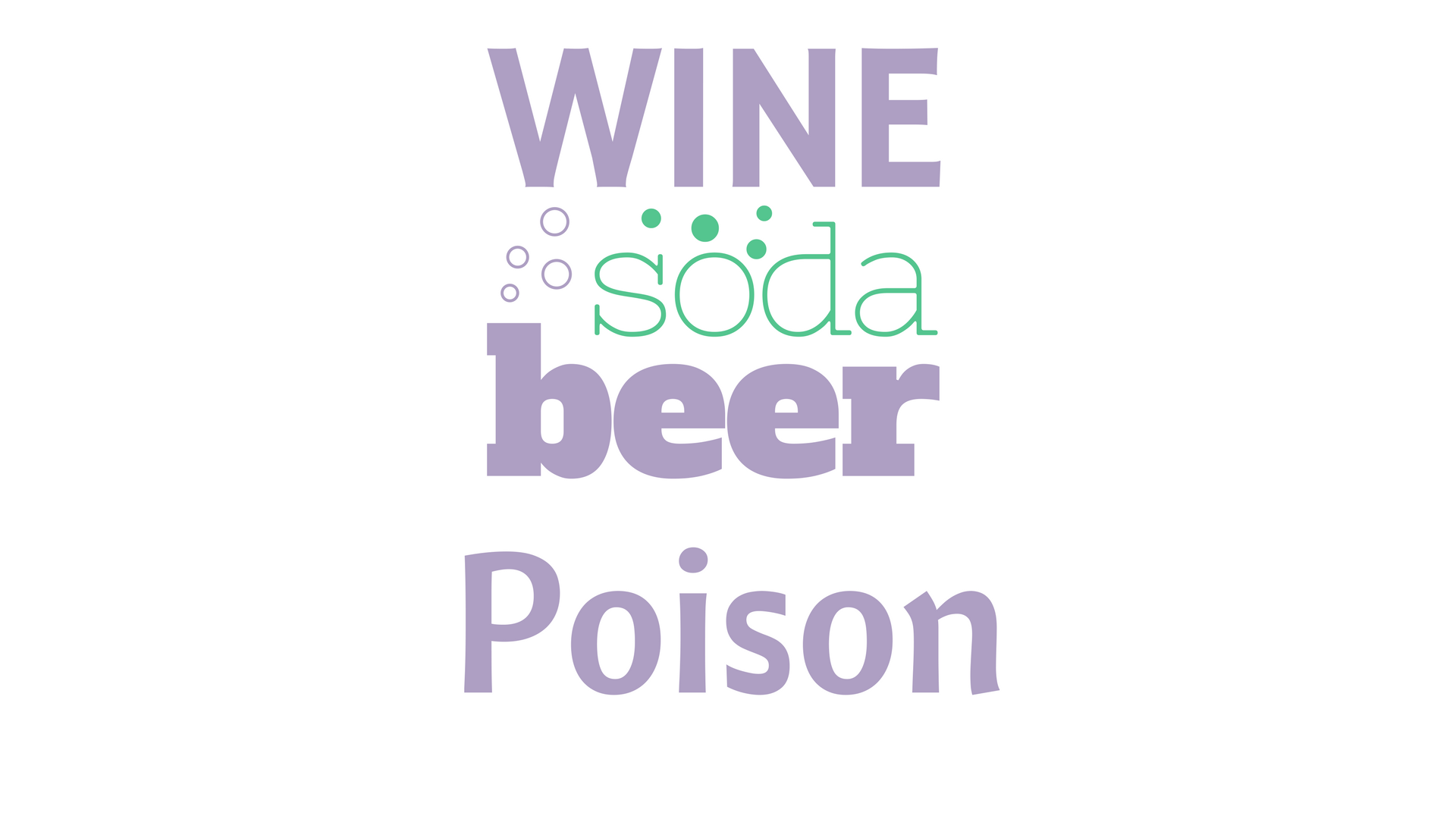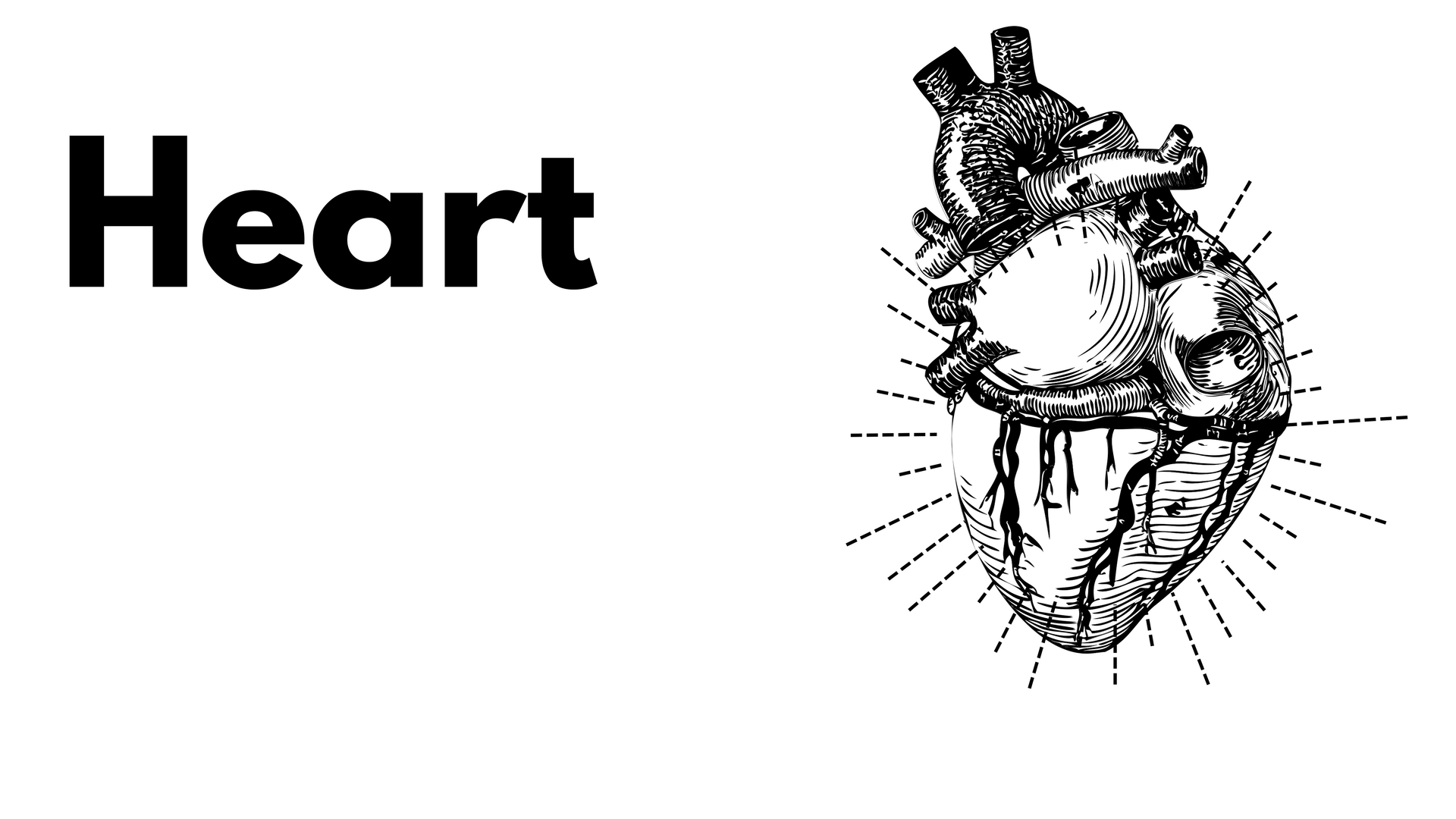Effects of alcohol on body

Alcohol
The harmful effects produced by alcohol in the body are innumerable! First, ethanol is a psychoactive drug that causes many side effects and therefore greatly alters our body. The amount of alcohol ingested as well as various circumstances play an important role in these cases. If alcohol is consumed with the full stomach, the effects in the body will be much less. On the other hand, if you drink while the stomach is empty, the effects will be much more serious!
How does alcohol work in our bodies?
Alcohol can have a double effect on the body. At first, we feel a great sense of satisfaction and joy, but later on we start to have serious problems of coordination and our vision is blurred. The membranes of the cells can not retain the passage of alcohol. And as it is in the blood, it is distributed in most of the tissues that make up the body.
When consuming alcohol excessively, one can easily lose consciousness. Worse, if consumption is extremely high, it can cause alcohol poisoning. This can cause death. Indeed, a high percentage of alcohol in the blood causes cardiorespiratory arrest. One can even die suffocated because of vomiting. Indeed, when a person is totally drunk because of alcohol, it can choke with his own vomit. In fact, it does not realize that it must meet this need.
After ingesting alcohol, it will take thirty or ninety minutes for it to enter the bloodstream. At this point, the sugars in the blood are reduced, resulting in absolute weakness and total exhaustion. In fact, alcohol accelerates the transformation of glycogen into glucose, which is eliminated much more easily.
.png)
The stages of an ethyl poisoning
After drinking alcohol, the effects begin to appear. They depend on the amount ingested in the body.
- The first is euphoria, excitement, disinhibition: we begin to behave impulsively.
- The second is intoxication. When the body is not used to alcohol, it affects the nervous system and our ability to coordinate movement. We lose the balance, which causes some falls. Alcohol also causes depressions and loss of body heat.
- The third phase is called hypnotic. There is much confusion, irritability, and agitation. We're sleepy. Nausea, vomiting and headaches then occur.
- The fourth phase is anesthetic, it is stupor. We say incoherent phrases, our consciousness diminishes greatly and muscular force is lost. We cannot control our urge to urinate and breathing becomes difficult.
- The fifth phase is the bulbar, that is, death. One enters a cardiovascular shock, a respiratory arrest occurs, and this is where death arises.
.png)
The effects of alcohol in the body
Alcohol has many effects on the body. Many of them are medium / long term. They affect a lot of organs!
The brain and the nervous system
- Frequent alcohol consumption seriously affects the functioning of the brain. First of all, it is our emotions that are disturbed. Alcohol causes sudden changes in mood. The control of motricity is also impaired, which leads to speech difficulties, very slow reactions and loss of balance.
- Alcohol can really disturb the action of neurotransmitters, altering their structure and function. This therefore results in a number of effects, in particular on the reaction capacity. Reflexes are delayed, the ability to coordinate movements is lost. Tremors and hallucinations occur. We also lose self-control, memory and our ability to concentrate. The motor function is severely impaired.
- All these effects together cause a lot of road accidents. Many lives in the world have already paid the costs ...
- Alcohol also causes severe damage to brain cells. The same applies to the peripheral nerves. This damage can be permanent.
- Alcohol also causes a decrease in vitamin B1, which causes Wernicke-Korsakoff syndrome, which causes disorders in feelings, thoughts and memory.
- Among the people who drink alcohol frequently, a large majority suffer from sleep disorders.
- In addition, they isolate themselves from their social, family and work environment, resulting in family abandonment, divorce and loss of employment. All of this can cause deep depression and in most cases, end in suicide.
- Most of these effects depend on the amount and frequency with which alcohol is consumed.
- When you take very high doses, you can fall into a coma. In very advanced cases, serious mental disorders and permanent damage to the brain will occur.
- We also suffer from periods of anemia, which causes anomalies in the memory. This can last for several minutes, several hours or even several days!
.png)
In the heart and respiratory system
Cardiac activity increases.
Consumption of high doses can increase blood pressure. This causes damage to the heart muscles, due to the toxic effect of alcohol.
The heart muscle is weakened, and therefore its ability to pump decreases.
Peripheral vasodilation occurs, which causes redness of the skin and an increase in surface temperature of the skin.
In the digestive tract: stomach, pancreas, liver and esophagus All gastric pains are due to ethanol. It gnaws and irritates the lining of the stomach, causing heartburn. These can be much more painful if different types of alcoholic beverages are consumed at the same time.
Alcohol increases the production of acid in the stomach, resulting in irritation and inflammation of the stomach lining. This is what can cause ulcers and internal bleeding that could be fatal.
High consumption of alcohol can cause stomach, larynx, esophagus and pancreatic cancer.
Alcohol can cause oesophagitis, ie inflammation of the esophagus. In addition, it can cause bleeding oesophageal varices.
Acute pancreatitis can occur. It is a severe inflammation of the pancreas that can lead to death.
Pancreatitis can also be chronic, causing intense and permanent pain.
Drinking alcohol can cause people to suffer from type II diabetes. The consequences of this disease are very serious for those who suffer from it.
The organ responsible for metabolizing alcohol is the liver. Liver enzymes first transform alcohol into acetaldehyde, then into acetate and other components. The process is very long, causing damage in the tissues of the liver.
Irritation and inflammation of the liver cells can lead to the development of alcoholic hepatitis. The liver is then touched, and it can first turn into foie gras, then develop hepatitis and cirrhosis. Eventually it ends up developing into liver cancer, resulting in death.
Other changes may occur in this organ, such as jaundice, when the skin turns yellowish. There may also be a sclera and fluid accumulation at the limb.
Renal function is impaired. Indeed, the antidiuretic hormone reduces its levels, resulting in dehydration.
Alcohol brings a large amount of calories but very little nutritional intake. It prevents absorption of certain minerals and vitamins. It eliminates appetite, and all this causes undernutrition.
.png)
In the blood
- It prevents the production of white and red blood cells.
- When there are not enough red blood cells to carry oxygen, we suffer from megaloblastic anemia.
In the immune and reproductive system
- Failure of the immune system produces a lack of white blood cells. The risk of viral and bacterial infections increases.
- Alcohol reduces sexual desire.
- It can cause infertility and erectile dysfunction.
During pregnancy and in the fetus
- Drinking alcohol during pregnancy can cause fetal alcohol syndrome. Symptoms of this disease include growth retardation, impaired craniofacial features, and cardiac, hepatic, renal and ocular malformations in the fetus.
- The most important damage is produced in the central nervous system of the fetus. Some mental retardation can occur.
Alcohol dependence syndrome
- Uncontrolled and unlimited consumption of alcohol can lead to addiction, and it is surely one of the most serious consequences. Indeed, the list of symptoms and pathologies associated with alcoholism is really very long.
If you have a friend, acquaintance or someone from your family who has this problem, try to push that person to accept help. He/She can then go to a rehabilitation center for alcoholics. You can be sure that she will thank you in the future. Indeed, it will avoid a lot of problems, family or personal. And above all, it will avoid serious health problems that could have fatal consequences.
Great post, I wish I had read this last night!!
Informative post @varunsangwan ;)
Congratulations @health-trail! You have completed some achievement on Steemit and have been rewarded with new badge(s) :
Click on any badge to view your own Board of Honnor on SteemitBoard.
For more information about SteemitBoard, click here
If you no longer want to receive notifications, reply to this comment with the word
STOPBy upvoting this notification, you can help all Steemit users. Learn how here!
The average person only eliminates 15 milligrams of alcohol per hour. As a result,people are often still intoxicated the next morning even though they haven't had a drink in hours.
That's true, especially if you have fitness goals. Alcohol not only destroys your goals but also your strength standards. Really loved the post. Very informative.
kindly check my blog @rahul516. I write fitness stuff. Follow if you like it.
upvoted and followed.
killing you softly that's what they say. How about those moderate drinker. Drinking one bottle of beer or or other alcoholic drinks? And what was the common liver disease that's cause by alcohol? Thanks for sharing this. Super interested.
Thank you for sharing - very valuable information. Resteemed!
Congratulations @health-trail! You have received a personal award!
Click on the badge to view your Board of Honor.
Congratulations @health-trail! You received a personal award!
You can view your badges on your Steem Board and compare to others on the Steem Ranking
Vote for @Steemitboard as a witness to get one more award and increased upvotes!